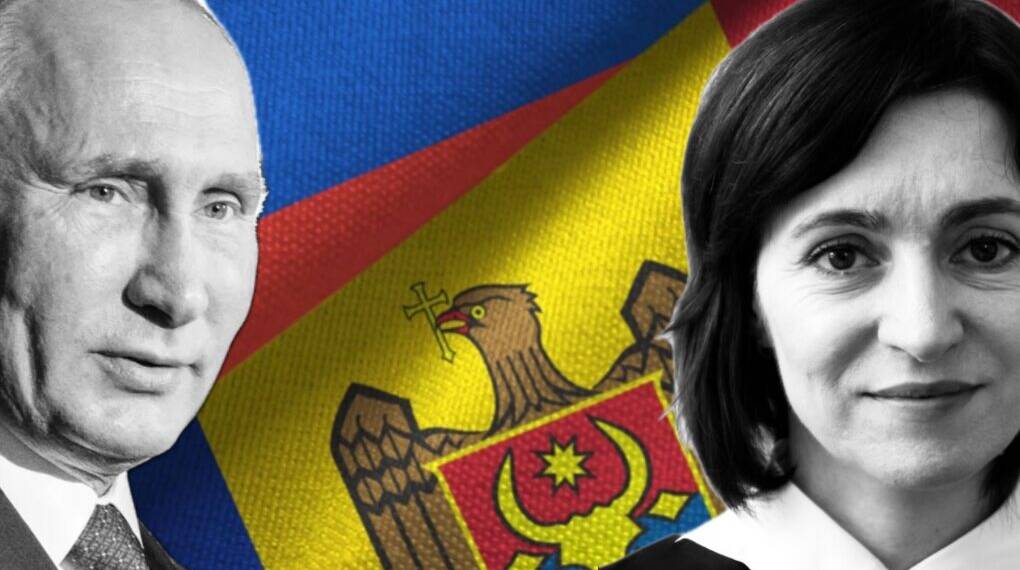A court in Chișinău, Moldova, has sentenced Yevgenia Gutsul, the head (Bashkan) of the autonomous Gagauzia region, to seven years in prison for funneling Russian funds to finance the now-banned pro-Moscow Șor (Shor) party. The sentence was confirmed by her lawyer Natalia Bayram, who stated that Gutsul would be taken into custody immediately and transferred directly from the courtroom to prison. This ruling is seen as a landmark legal decision highlighting Moldova’s effort to counteract Russian influence amid rising geopolitical tensions.

The Charges: Undeclared Russian Funds and Political Financing
Prosecutors allege that between 2019 and 2022, Gutsul systematically diverted over 42 million Moldovan lei (roughly $2.4 million) of undeclared Russian money into supporting the Shor party. Founded by Ilan Shor, a pro-Russian businessman convicted of fraud who now lives in exile, the party was banned by Moldova’s Constitutional Court in 2023 for undermining state security. Gutsul served as secretary for the party and was elected Gagauzia’s governor in 2023 after a campaign allegedly financed with these illicit funds. The Moldovan authorities also accused her of electoral fraud. In addition to the prison term, she must pay approximately $2.5 million to the state as restitution.
The Șor party has been widely associated with political destabilization efforts. Prosecutors detailed that the funds channeled by Gutsul were used to finance party activities and anti-government protests. Alongside Gutsul, other former party secretaries have been convicted for their role in the illegal funding scheme.
Political Context and Upcoming Elections
The sentencing comes at a politically sensitive time, just weeks before parliamentary elections scheduled for late September 2025. Maia Sandu, Moldova’s pro-European Union president, narrowly won re-election in 2024 and now faces the challenge of maintaining her governing majority amid strong opposition from Russia-aligned political forces. The Moldovan government has accused Russia of orchestrating a broad campaign of interference, exemplified by vote-buying schemes allegedly orchestrated by Shor’s network, involving payments to tens of thousands of voters to oppose EU membership and support Kremlin-friendly candidates.
Gagauzia: A Pro-Russian Stronghold with Ethnic Autonomy
Gagauzia, an autonomous territory in southern Moldova with a Turkic ethnic minority population, has traditionally leaned toward pro-Russian sentiment and closer ties with Moscow, in contrast to Moldova’s pro-Western trajectory under President Sandu. Unlike the separatist Transnistria region, Gagauzia remains under Moldovan governmental control but maintains a fraught relationship with the capital, Chișinău. Gutsul’s frequent visits to Moscow—including a meeting with Russian President Vladimir Putin in 2024—and visible support for the Kremlin have intensified tensions.
Denial, Appeal, and Political Repression Claims
Gutsul fiercely denies all charges, contending that her prosecution is politically motivated and designed to intimidate opposition forces in Gagauzia. Her defense lawyer described the verdict as illegitimate and a disgrace to Moldova’s justice system. Gutsul stated publicly that the verdict represents a warning to all opposition members who dare to challenge the ruling party, framing it as a form of political repression. She announced plans to appeal the ruling and maintain her innocence.
International and Kremlin Reactions
The United States imposed sanctions on Gutsul in June 2023 for activities “undermining democratic processes,” aligning with the EU’s earlier sanctions. The Kremlin has condemned the verdict as a violation of democratic norms, accusing Moldova of suppressing legitimate political opposition and restricting voter choice. Kremlin spokesperson Dmitry Peskov called the sentencing an affront to democracy and warned of ongoing suppression of pro-Russian voices in Moldova.
Also Read: Another Ukraine? NATO prepares Moldova to be its ‘Battering Ram’ against Russia
A Defining Moment in Moldova’s Geopolitical Struggle
Yevgenia Gutsul’s seven-year prison sentence epitomizes the struggle between pro-European and pro-Russian forces in Moldova. It highlights the challenges of managing regional ethnic autonomy amid external malign influence and internal political strife. While controversial, Moldova’s government appears resolute in confronting Kremlin-backed destabilization as it continues to pursue deeper integration with Western institutions and resist Russian interference. The upcoming parliamentary elections will be a critical test of Moldova’s future geopolitical alignment.








